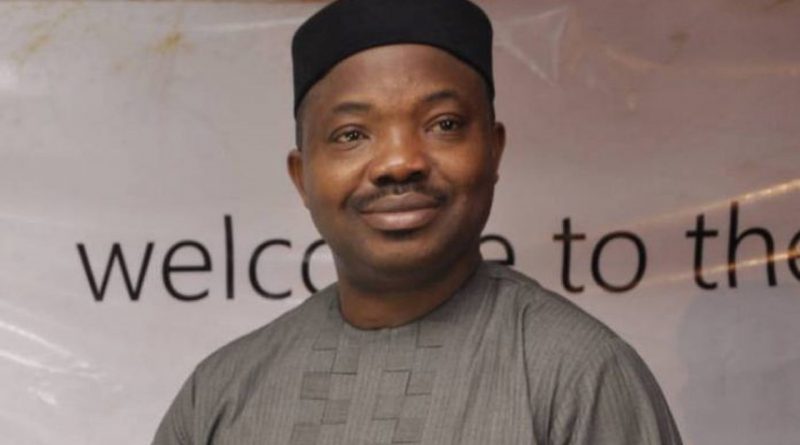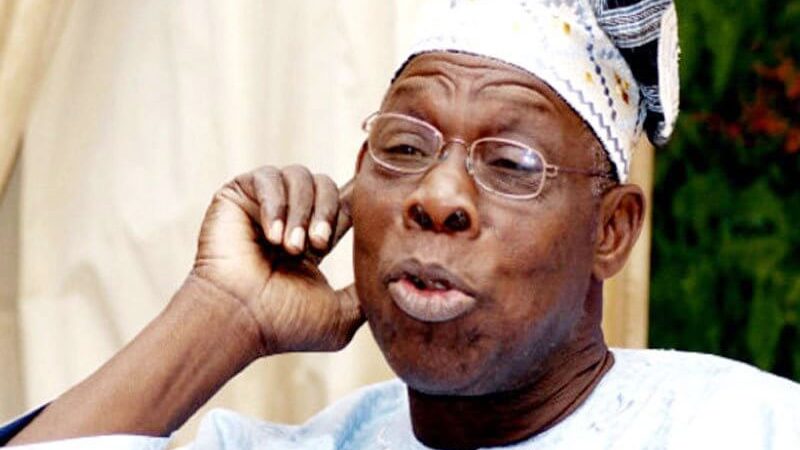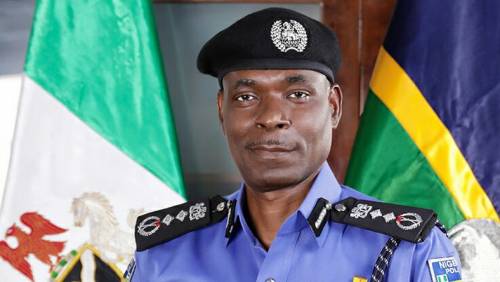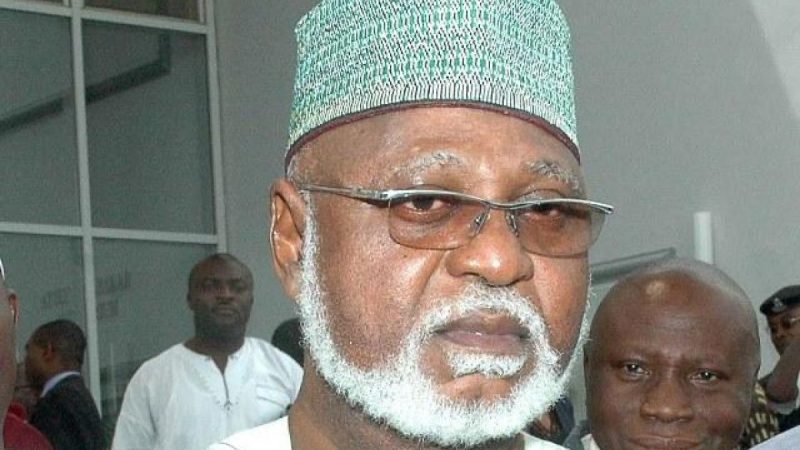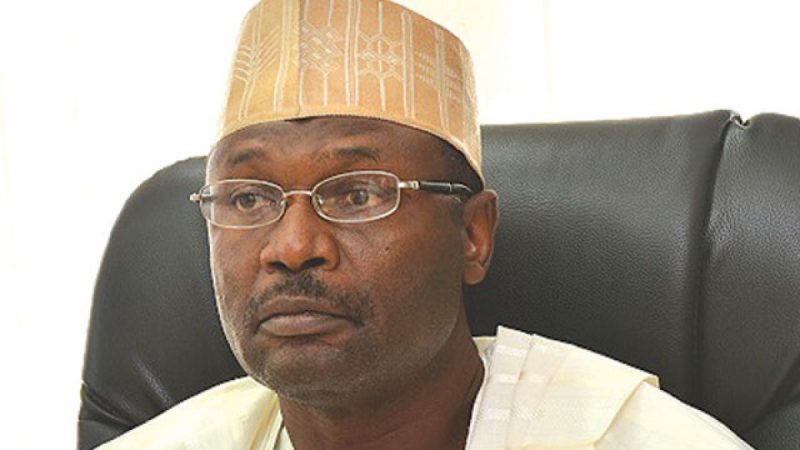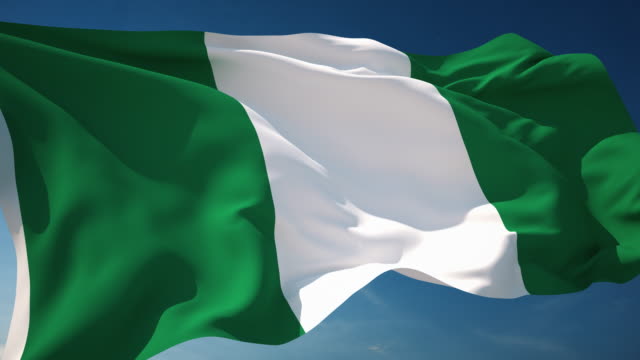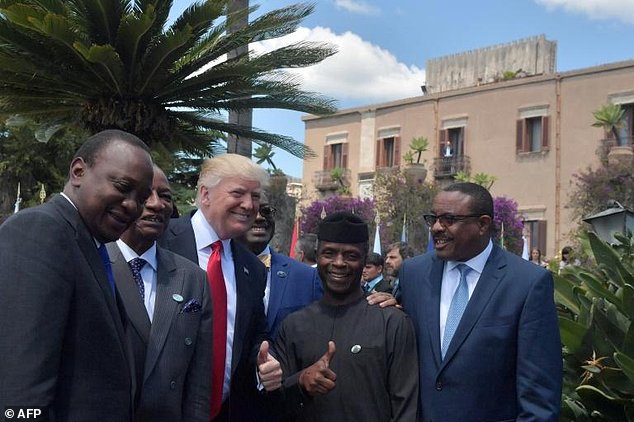The debate on strongmen leaders in Africa has been enlivening as Nigerians had to make a decision of choice between a slothful president and a former military dictator during the 2015 general elections. There was no doubt that this was a grim choice between two flawed candidates.
Overtime, contests of this nature have been all too typical for the quality of leadership that a nation like Nigeria desires. This is especially as questions like this have predictably prompted worrying questions on democracy ideals.
The 2015 elections pitted a reputed strongman, former head of state General Muhammadu Buhari against the incumbent, Goodluck Jonathan.
On assumption of office as the head of a military junta in 1983, he launched a war against indiscipline, which permitted the whipping of people for the offence of causing a disorderly queue at every point of human endeavour. He even commissioned experts to have one of the corrupt politicians in captured, drugged and packed into a crate as diplomatic baggage from London. This became a botched attempt after the Police in London were tipped off. These were all in the attempt to usher in and security to Nigeria.
The public perception of the incumbent at the time, President Jonathan was dismally poor as he was largely seen as an ineffectual leader due to his slow response to the menace of Boko Haram. To worsen this is the abysmal response of the administration to the abduction and forced conversion of the 200 Chibok schoolgirls by the dangerous sect. It has also been glaring to the discerning that Jonathan did not have that tenuous grip on the military and then there is the unwillingness to tackle corruption. Unfortunately, Buhari has not fared better after 5 years in the saddle. Many of his supporters in the 2015 election are now openly claiming that he is now worse off on performance when compared to Goodluck Jonathan.
It is these seeming failure that has resulted to a surge of criticisms on the former military strongman who citizens believe has been very poor in addressing the big question on Nigeria’s stability and prosperity. This is amidst international concerns on increased insecurity in Nigeria and the consequences of a failed state given the fact that it is Africa’s most populous state. It is these sentiment that Western powers are now latching on to through policy response and advisories to its citizens and visa restrictions on Nigerians.
It is therefore in the view of this paper and in the greater interest of Nigerians that President must abandon his usual taciturn nature and aloofness to effectively attend to important matters of state that he promised to steer without bias in both the 2015 and 2019 elections. He must be seen as a leader consciously and conscientiously attempting to correct perceived abnormality in Nigeria rather creating new problems for Nigeria. Buhari is the current leader of Nigeria and so must consider himself as one that can turn the Nigeria society into one that shows responsibility to citizens, invests in its children, rather than base government policy on the threshold of divine luck.



